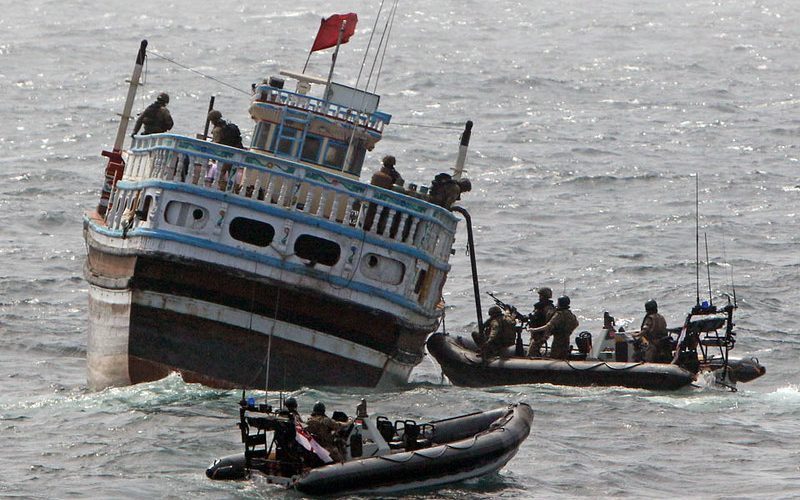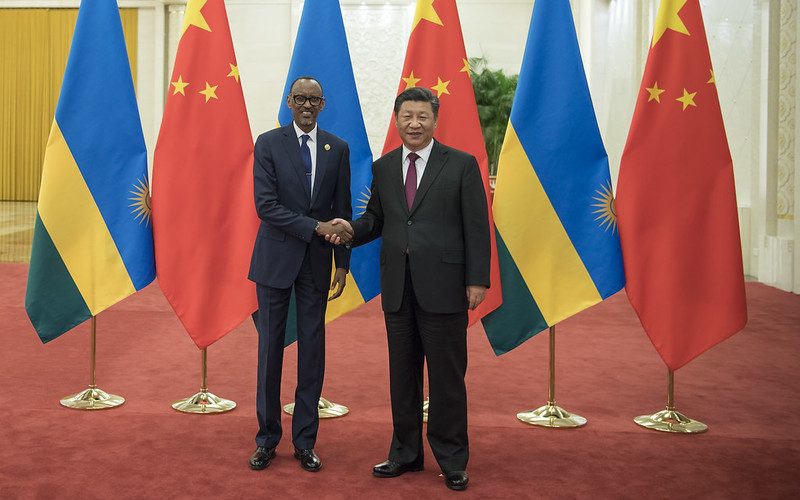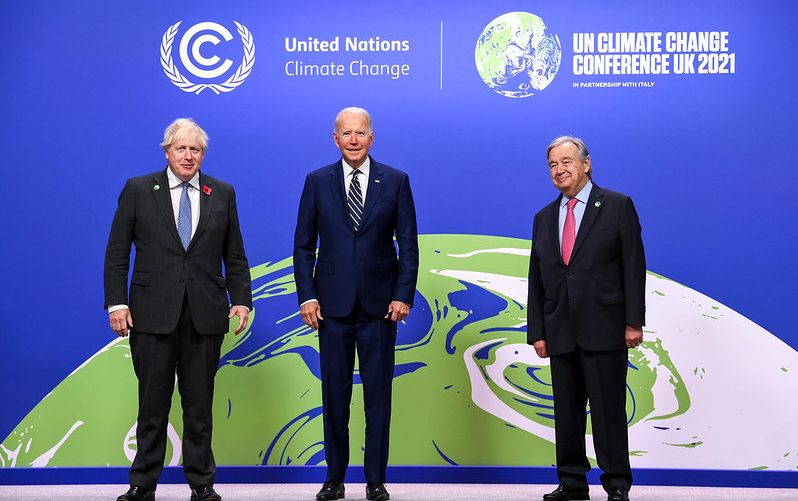
Is it possible to prevent piracy in the 21st century?
Maritime piracy is a challenge in the 21st century because of how it affects international trade. The rise of globalisation, described as the growing interconnectedness between states, highlights the growing dependence on maritime trading routes which is vital to the economic development of many coastal states. The Gulf of Guinea, where Nigeria is located, possesses a high number of natural oil resources which have been put at risk due to the rise in oil theft. As Nigeria has no narrow straights to restrict shipping, it is more susceptible to violent pirate attacks than other areas in the region. The launch of the Deep Blue Project was pivotal in the Nigerian maritime domain and could serve as a blueprint for preventing piracy in other regions.

Africa in the Great Power Competition
Against the backdrop of historical great power competition, Africa can today create a tremendous impact on the global arena. While China is currently gaining foothold on the continent with its increased investments, infrastructure projects and trade, also Russia has an interest in maintaining good relationships with African states, leaving the EU and the U.S. struggling for their space in the equation. In the end, a Cold War-like rivalry over Africa between the West and the China-Russia strategic alliance could ensue.

COP26 – A “glowing success” or “This could have been a zoom call?”
Despite the threatening likelihood of a global climate crisis, little action has so far been taken by governments. Apart from recurring summits, which only bring forward further protocols, agreements and promises that rarely have any serious enforcement mechanism or consequences if not followed through, radical measures and reforms remain absent. From October 31 until November 14, 2021, world leaders convened in Glasgow for the COP26 summit, aiming to find measures to reduce emissions and prevent the approaching climate crisis in the coming decades.

